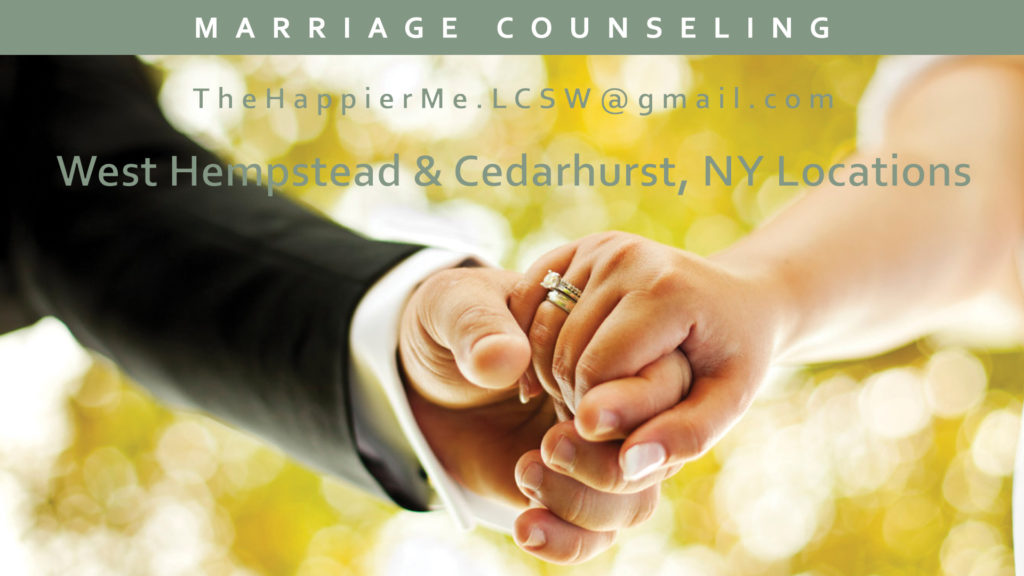Given the emotional toll infidelity takes, can anyone truly get past an affair?
Can trust ever be restored? Should it be?

Finding out that your partner has been unfaithful can hit you like a ton of bricks. Your marriage may be thrown into a state of crisis that may destroy it.
It’s not just the pain of any specific sexual betrayal that you must try to process and eventually overcome, it’s the loss of trust in your spouse and your relationship.
If you have recently learned about infidelity in your relationship and are experiencing any degree of the pain and uncertainty described above, the following tips below may be helpful.
Accept Your Feelings
Shock, agitation, fear, pain, depression, and confusion are normal. You will likely feel like you’re on an emotional roller coaster for a while. It takes time to get beyond the pain of having an unfaithful mate. Don’t expect the mixture of feelings and the mistrust to go away even if you’re trying to forgive your partner and repair your marriage. Your marriage has changed and it is natural to grieve the relationship you once had.
Don’t Seek Revenge
Being betrayed by your partner can induce rage. In your furious state, your first instinct may be to punish your mate by trash-talking him to friends (or worse, on social media), or think about having an affair yourself to get even. You may get a temporary sense of satisfaction from these sorts of actions, but ultimately they can work against you, keeping you in a state of anger instead of focusing on healing and moving on, alone or together.
Think before you tell your family, as well. They will likely have strong opinions about what you should do—leave or stay. But nobody else really understands what goes on in another person’s marriage. While you are pondering how you’re going to proceed, it’s best to keep the details private.
Take Care of Yourself
You may have some physical reactions due to stress such as nausea, diarrhea, sleep problems, shakiness, difficulty concentrating, not wanting to eat or overeating. Once the initial shock has passed, try your best to eat healthy foods, to stay on a schedule, to sleep regular hours, to get some exercise each day, to drink plenty of water, and, yes, to have some fun.
Avoid the Blame Game
Blaming yourself, your partner, or the third party won’t change anything and it’s just wasted energy. Try not to play the victim, either, if you can help it, or wallow in self-pity. It will only make you feel more helpless and bad about yourself.
Keep Your Kids Out of It
This situation is between you and your partner and should not involve your children at all. Unless you and your spouse have decided to end your marriage, sharing details about an affair will only cause them anxiety, make them feel stuck in the middle, and forced to take sides.
Seek Counseling
Don’t try to get through coping with unfaithfulness alone. Before you make any decisions about whether or not to end your marriage, it’s wise to talk to a couples’ counselor, who will be neutral and can help you gain insight into what exactly happened. You can ask your partner questions and share your feelings without losing your cool.
An experienced therapist can help you communicate better and process feelings of guilt, shame, and whatever else you might be feeling. If you decide to end the marriage, you ‘ll know that you tried your best to make it work.
Get Practical
If you suspect that the affair will most likely lead to the end of your marriage, give some thought to practical matters, such as where you will live, if you have enough money to pay for your essentials, and, if you have kids, the type of custody arrangement you want. You may also want to consider asking your partner to be tested for STDs, and to get yourself tested as well if you have had sex during or after the affair.
Take it One Day at a Time
Infidelity is one of the more difficult challenges a marriage can face, but it doesn’t always mean it’s the end. As you work through the aftermath over time, it will become clear how to go forward so that the next phase of your life, together or apart, can begin.
(source)


 LEARN TOOLS TO CREATE A SOLID FOUNDATION OF RELATIONSHIP
LEARN TOOLS TO CREATE A SOLID FOUNDATION OF RELATIONSHIP



 No one thinks it would happen to them, but after an affair is discovered, many people find it difficult to understand why the betrayal happened…
No one thinks it would happen to them, but after an affair is discovered, many people find it difficult to understand why the betrayal happened…


 No matter how busy your schedules are, it’s important to always make room for a date night.
No matter how busy your schedules are, it’s important to always make room for a date night.

 Studies have shown that feelings of being jealous can be linked to low self-esteem, dependence on one’s partner, feelings of inadequacy, an anxious attachment style, or even neuroticism.
Studies have shown that feelings of being jealous can be linked to low self-esteem, dependence on one’s partner, feelings of inadequacy, an anxious attachment style, or even neuroticism.
 Kollman says that love – that connection – is the key to our very survival as individuals.
Kollman says that love – that connection – is the key to our very survival as individuals.